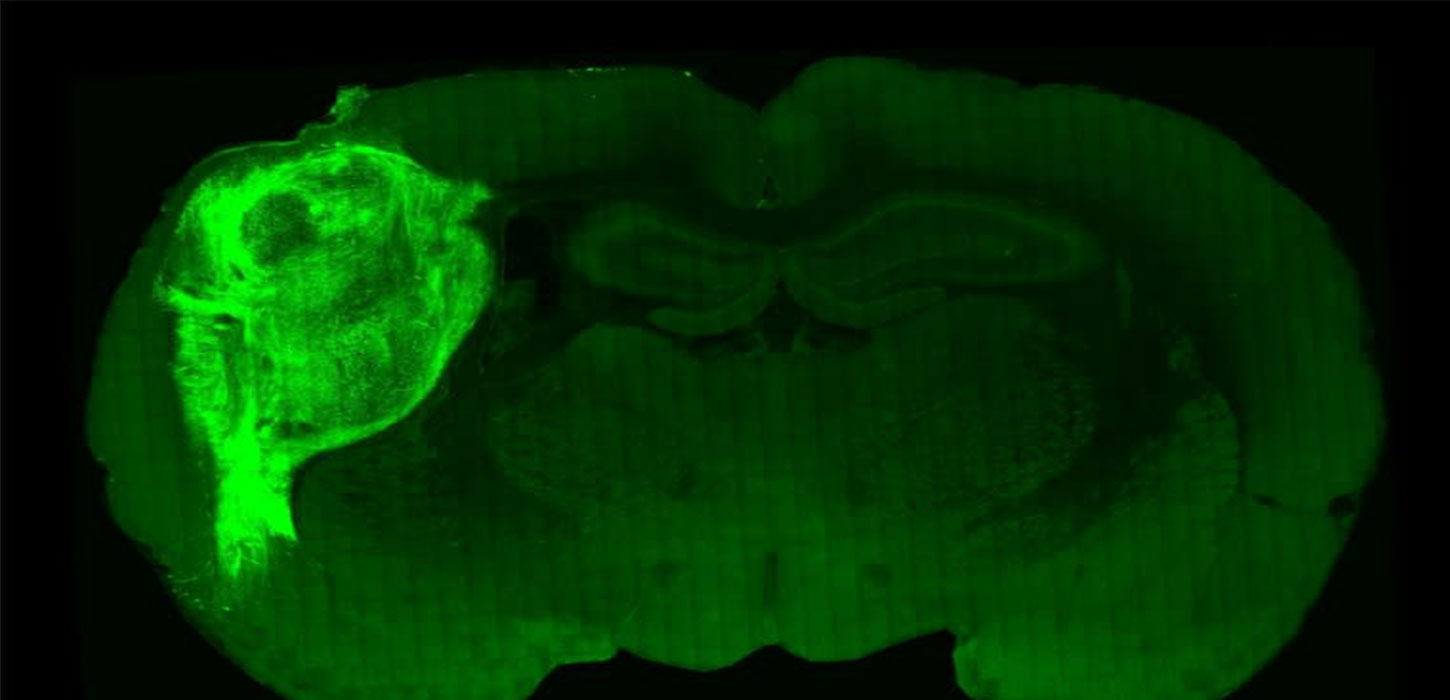Human brain cells have been successfully implanted and incorporated into newborn rats, opening up a new path for the investigation of difficult-to-treat psychiatric conditions including schizophrenia and autism.
Animals do not experience these conditions in the same way that humans do, and humans cannot just be subjected to research, making it extremely challenging to study how these conditions occur.
More than a dozen different brain regions have previously been assembled in lab dishes by scientists using stem cells to create small portions of human brain tissue.
However, according to Sergiu Pasca, a professor of psychiatry and behavioral sciences at Stanford University and the study's principal author, "neurons don't develop to the size which a real neuron in an actual human brain would grow."
They also are unable to predict the symptoms that a flaw may produce when removed from a body.
Young rats' brains were transplanted with organoids, collections of human brain cells, in order to get around those restrictions.
The age of the rats was crucial since human neurons have previously been implanted into adult rats; however, since an animal's brain stops maturing at a certain age, the ability of implanted cells to integrate is limited.
"By transplanting them at these early stages, we found that these organoids can grow relatively large, they become vascularised (receive nutrients) by the rat, and they can cover about a third of a rat's (brain) hemisphere," Mr Pasca said.
Pasca's team selected two- to three-day-old rat babies for this current study because they are developmental comparable to human infants at this stage of brain development, when neurons are actively reaching out to make new connections. They injected human organoids matching the cerebral cortex into these animals. 80 percent of the implants were successful.
At a press briefing on Monday, Pascal stated that an examination of the electrical characteristics of human neurons revealed "they're considerably more mature than what we've done before in vitro." "They develop around six times larger than a comparable neuron grown in a dish.”
His team is currently aiming to use this approach to examine organoids made from individuals with various neurological illnesses with the goal of using it in the future as a platform for medication testing. Sticking even more advanced proto-brains inside the skulls of newborn rats, where their growth can go even farther, is another task on the agenda.




-20260228080513.webp)

-20260224065127.webp)
-20260222063838.webp)








-20260302065048.webp)















-20260224075258.webp)



-20260225072312.webp)
